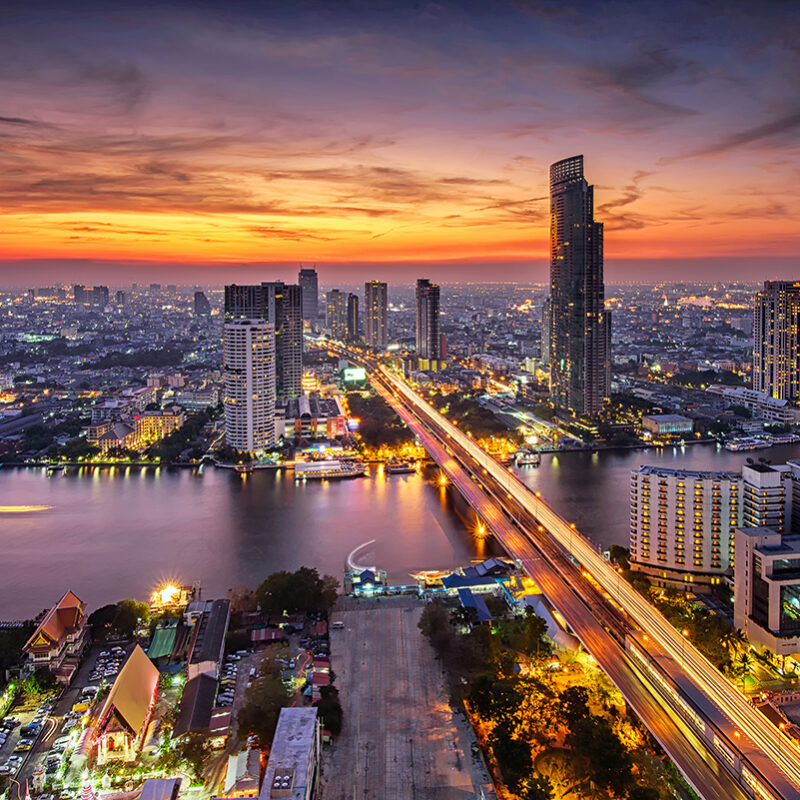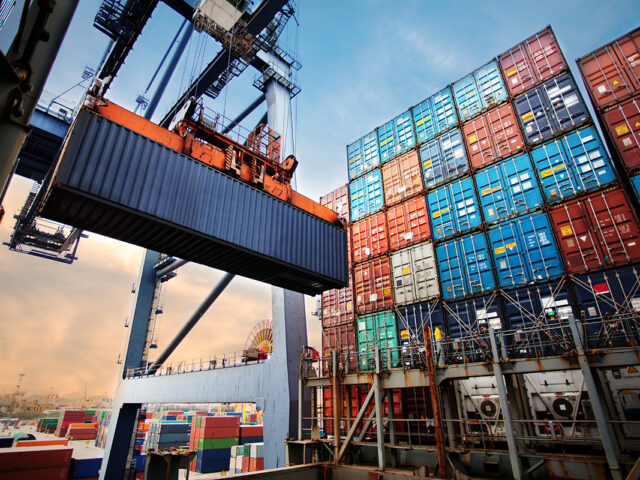
Thailand is one of the most popular destinations to travel to at the moment, with the country enjoying continued favor among both pleasure and business travelers. Picturesque mountain scenery, crystalline seas and pristine beaches, spectacular temples, and several World Heritage Sites are not the only wonders to be found in the slice of paradise that is Thailand, as the country also offers a buffet of benefits for the more business-minded. Unbeknownst to many, Thailand’s business-ready and investment-friendly climate is propelling the Kingdom of Wonder into investor-haven territory.
Moreover, Thailand was ranked the safest destination in the world to visit during the COVID-19 pandemic. The country topped the list because of its high International Health Regulations score of 85 per cent, moderate population density and very low number of COVID-19 cases.
Thailand’s economy grew by 3.9% in 2017, which is its best growth performance since 2012, and growth is expected to reach 4.1% in 2018. It comes as no surprise then that Thailand was ranked the 32nd most competitive nation in the world (of 137 countries) in the 2017–2018 edition of the World Economic Forum’s Global Competitiveness Report. On Bloomberg’s Misery Index 2018 report, Thailand was ranked the least miserable country out of 66 countries for the fourth consecutive year.
Investment wonders will not soon cease in Thailand as the country — which boasts a USD 406.8 billion GDP, 68.9 million population, and USD 16,885 GDP per capita — was ranked 8th of the top 10 Best Countries to Invest in 2018. The ranking is the result of a study conducted by global marketing and communications firm BAV Group in partnership with the University of Pennsylvania’s Wharton School.

The ranking is also an indication that Thailand’s 20-year National Economic Strategy (2017–2036) is moving the country in the right direction. With its goal to achieve the status as one of the most preferred investment destinations in Asia, the Thai government has launched a number of mega infrastructure projects, which include a high-speed rail venture with China, airport upgrades, and mass transit lines in Bangkok and the Eastern Economic Corridor.

Legal and regulatory reforms are another of the government’s focal points as the country works to prepare for technology investment in the 4.0 era and improve the ease of doing business in Thailand. The amended Investment Promotion Act B.E. 2560 (2017) is the latest legislation to grant foreign investors exemption of import duties. Previously, this was limited to materials used for manufacturing for re-exportation; however, it now includes materials imported for domestic use, particularly those for research and development activities. Foreign investments in certain industries that involve new and advanced technology and bring in development and innovation are strongly encouraged by the Thai government.
Thailand is among the top three investment destinations in ASEAN, with the esteemed institution reporting that it takes only about five days to start a business in Thailand. The Kingdom of Smiles also offers foreign investors and their families privileged facilitations through the issuance of a renewable, five-year, multiple-entry Thai residence visa. To qualify, foreign investors are required to become a member of Thailand Elite, the first program of its kind worldwide developed by the Thailand Privilege Card Company Limited, a wholly owned subsidiary of the Tourism Authority of Thailand, under the Royal Thai Government.
Through the offering, Thailand Elite members can enjoy visits of ‘regular’ duration, i.e. 90 days, to visits as long as one year. Exclusively, members can stay in the country for an unlimited period, just as any Thai citizen, as the one-year stay extension can be renewed annually without the usual need to cross the border.







To ensure Thailand’s economy continues to develop over the next 20 years, the Thai government has adopted a new economic model called Thailand 4.0, which is focused on transforming Thailand into a value-based economy built upon science, technology, innovation and creativity. To this end, five existing high potential industries and an additional five new targeted industries have been identified as the “New Engines of Growth” driving the country into the future.




448 Thanyalakpark Building, Ratchadapisek 26,
Khwaeng Samsen Nok, Khet Huai Khwang, Bangkok 10310
Tel: (+66)02-541-4642 (20 Lines) Email: intersales@sena.co.th
